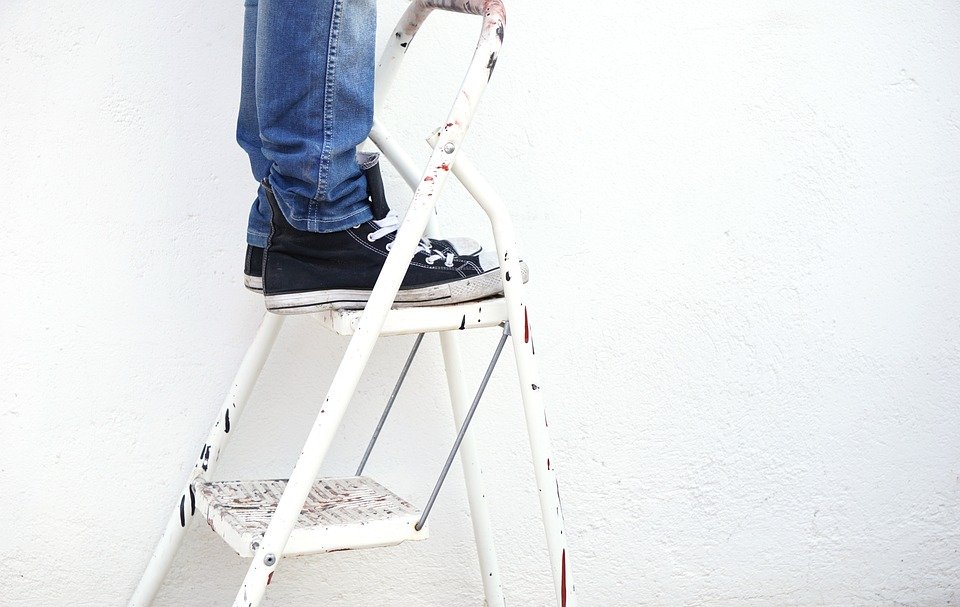Direction and Purpose: This itinerary is for a 7-day trip to Seoul, South Korea, focused on experiencing the city’s nightlife.
Day 1:
– Arrival at Incheon International Airport
– Take the Airport Railroad Express (AREX) to Seoul Station (approx. 43 minutes, KRW 9,000)
– Check-in at JW Marriott Dongdaemun Square Seoul, located in the heart of the city’s fashion district
– Explore the neighborhood of Myeong-dong, known for its shopping and street food
– Dinner at Gwangjang Market, a famous food market with a variety of Korean dishes (approx. KRW 10,000-15,000 per person)
Day 2:
– Breakfast at Isaac Toast, a popular chain known for its savory toast sandwiches (approx. KRW 3,000-5,000 per person)
– Visit Gyeongbokgung Palace, the largest and most iconic palace in Seoul (approx. 2-3 hours, KRW 3,000 per person)
– Lunch at Tosokchon Samgyetang, a restaurant known for its traditional Korean chicken soup (approx. KRW 15,000 per person)
– Afternoon visit to Namsan Tower, a tourist attraction offering panoramic views of Seoul (approx. 2-3 hours, KRW 10,000 per person)
– Dinner and drinks at Hongdae, a trendy college town popular for its nightlife (approx. KRW 20,000-30,000 per person)
Day 3:
– Morning visit to Bukchon Hanok Village, a traditional Korean village with preserved hanok houses (approx. 2-3 hours, free admission)
– Lunch at Gwanghwamun Jip, a restaurant known for its famous kimchi stew (approx. KRW 12,000 per person)
– Afternoon visit to Insadong, a neighborhood known for its traditional crafts and souvenirs
– Dinner and drinks at Itaewon, a multicultural district popular for its nightlife (approx. KRW 20,000-30,000 per person)
Day 4:
– Breakfast at Tosokchon Samgyetang
– Visit Lotte World, a popular indoor amusement park (approx. 4-5 hours, KRW 52,000 per person)
– Lunch at Lotteria, a fast food chain that serves Korean-style burgers (approx. KRW 5,000-10,000 per person)
– Afternoon visit to Gangnam, a trendy district known for its high-end shopping and entertainment
– Dinner and drinks at Garosu-gil, a tree-lined street with trendy cafes and boutiques (approx. KRW 30,000-40,000 per person)
Day 5:
– Morning visit to Banpo Bridge Rainbow Fountain, a popular attraction with a water show and music (approx. 1 hour, free admission)
– Lunch at Sanchon, a vegetarian restaurant with traditional Korean dishes (approx. KRW 30,000 per person)
– Afternoon visit to Coex Mall, a large underground shopping center (approx. 2-3 hours, free admission)
– Dinner and drinks at Gangnam Station, a busy transportation hub with a variety of restaurants and bars (approx. KRW 20,000-30,000 per person)
Day 6:
– Breakfast at KFC, a chain that serves Korean-style fried chicken (approx. KRW 5,000-10,000 per person)
– Visit the National Museum of Korea, the country’s largest museum (approx. 2-3 hours, free admission)
– Lunch at Gwangjang Market
– Afternoon visit to Myeong-dong for shopping and street food
– Dinner and drinks at Dongdaemun Design Plaza (DDP), a futuristic cultural center with restaurants and cafes (approx. KRW 30,000-40,000 per person)
Day 7:
– Morning visit to Deoksugung Palace, a smaller palace in the city center (approx. 1-2 hours, KRW 1,000 per person)
– Lunch at Kyochon Chicken, a chain known for its Korean-style fried chicken (approx. KRW 10,000-15,000 per person)
– Afternoon visit to Cheonggyecheon Stream, a scenic walkway with waterfalls and bridges (approx. 1-2 hours, free admission)
– Dinner and drinks at Myeong-dong or Dongdaemun
Hotel Recommendations:
– JW Marriott Dongdaemun Square Seoul (luxury)
– Hotel Skypark Dongdaemun I (mid-range)
– Hostel Vanilla (budget)
FAQs:
1. What is the best time to visit Seoul for nightlife?
– Seoul is known for its vibrant nightlife all year round, but the most popular times to visit are during the spring and fall seasons.
2. What is the legal drinking age in Seoul?
– The legal drinking age in South Korea is 19 years old, and you may be asked to provide identification at bars and clubs.
3. How do I use the public transportation in Seoul?
– Seoul has an extensive public transportation network including buses, subways, and trains. You can purchase a T-money card at convenience stores or vending machines to use for all transportation systems.
4. What is the tipping culture in Seoul?
– Tipping is not a common practice in South Korea, and it is not expected at restaurants or bars.



